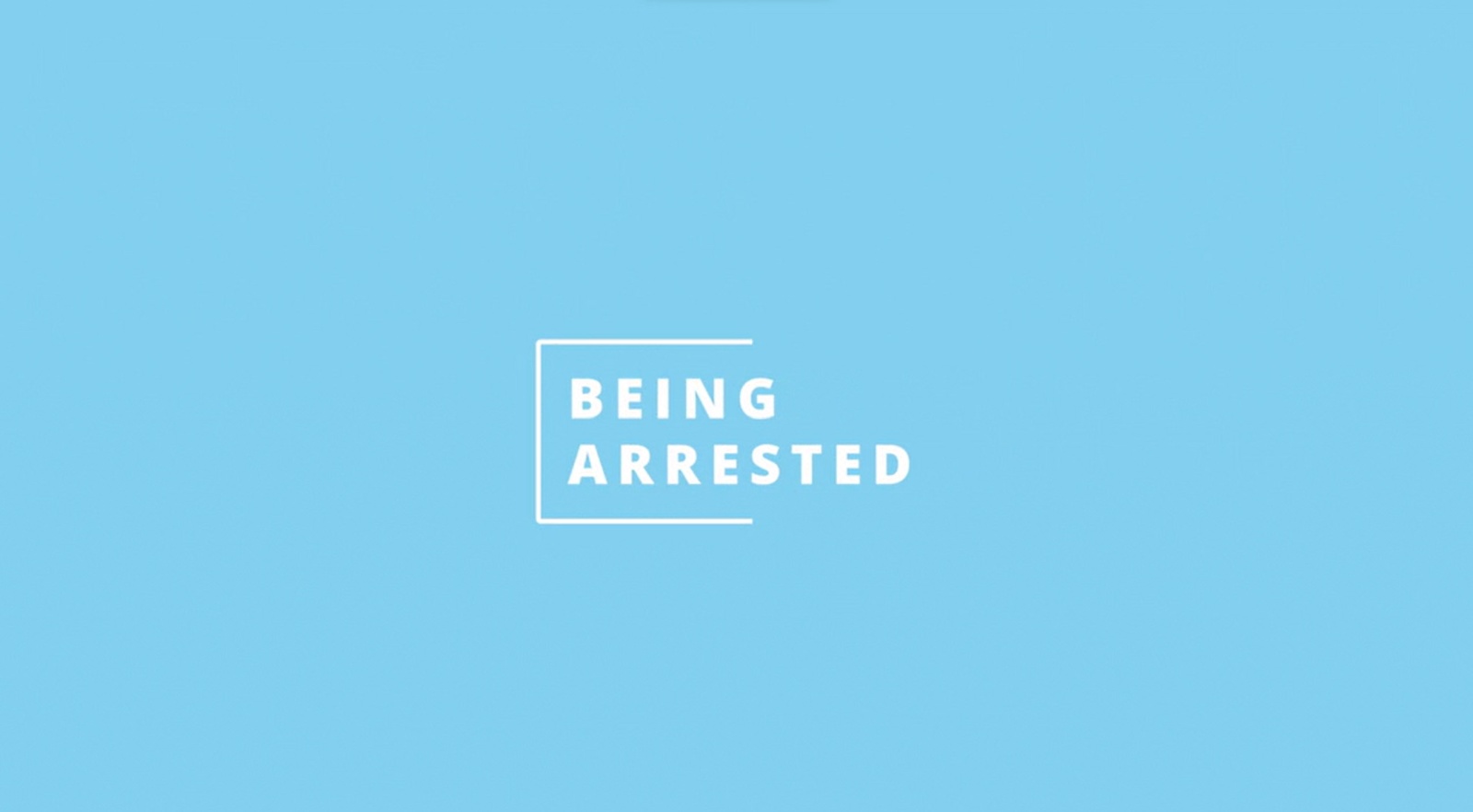No one ever wants to be arrested. However, the police seldom let you choose when and where you get arrested, which means you may have to make some very important decisions quickly and without preparation. Here are five tips to help you through this difficult and critical time. These tips will help you make the crucial decisions about your arrest BEFORE the police scare and confuse you, and before you have the opportunity to get an attorney to advise you about what to do.

DON'T TALK WITH THE POLICE
The police have decades of training and research and scores of psychologists whose sole goal is convincing you that you should talk to them; that is why the courts make them tell you you have the right to remain silent and to have a lawyer. Cops will promise you they'll ask the DA to go easy on you if you just tell them the whole story; they'll tell you (true or not) that there are witnesses who have pointed the finger at you; they'll tell you they have the power to decide what you get charged with. Keep in mind: In most situations, the police are absolutely permitted to lie to you in order to convince you that talking is in your best interest. IT NEVER IS. Talking to police just means that they get valuable information about you and your case -- stuff they would otherwise have to spend time and resources investigating -- for free. If there is going to be any benefit to you from talking about your case, or maybe even other cases you may know something about, it is always to your advantage to have a lawyer negotiate the release of the information you have. If you have information that will be valuable to the police or prosecutors, it does not become any less valuable just because 24 or 48 hours have gone by, and you have consulted a lawyer, before they get it. You don't need to be rude or mouth off to the cops — telling them simply that you'd like to talk to your lawyer before you talk to them should suffice. Feel free to chat with the police about sports, the weather, or the engine in their squad car — just don't talk about your case, or who your friends are, or what they might find on your phone.
DON'T CONSENT TO ANY SEARCHES
There is virtually never any reason to tell a police officer that they may search your car, your trunk, your house or anything else in response to the police's request. Keep this question in mind: If the police had the right to search, would they be asking you for permission? A criminal defendant's consent to search is almost always held to be valid in the courts, which means police can use any evidence that they find during in a prosecution against you, even if what they find has nothing to do with what they were looking for in the first place. It's probably to your advantage to be polite to the police when you're telling them that they don't have your permission to search — tell them that you'd like to talk to your lawyer before you give your consent.

DON'T RESIST
If the police have the right to arrest you, and sometimes if they don't but really wish they did, they are going to arrest you. It is their job, and letting arrestees get away is not good for their egos or their professional reputations. Running or, worse yet, fighting with the police are likely to cause a violent response from the police, and you will certainly be on the losing side. Moreover, any resistance to an arrest will bring additional charges against you that are likely to be worse than what you were being arrested for in the first place. Go quietly and calmly to jail, make your phone calls, and wait for your lawyer to arrive.
ONCE YOU ARE IN JAIL, DON'T TALK TO ANYONE ABOUT YOUR CASE
Jails are full of desperate people willing to do desperate things. You can be certain that the guy in your cell who seems a little too interested in what you have to say can be persuaded by the police to relate your conversations, and things you say in jail to a fellow detainee are just as admissible in court as things you say to the police. Also, the phones in jail are tapped, and conversations you have with your loved ones about your case are likely to show up in a police report, and later at your trial. The only person who you can talk to under the veil of confidentiality is your lawyer.
IF THE POLICE COME TO YOUR HOME, DON'T COME OUTSIDE, AND DON'T LET THEM IN
If the police believe you have committed a felony, they generally need to have an arrest warrant in order to arrest you in your home. If they ask you to step outside, and you do, then you have solved that problem for them. Also, if the police ask you if they can step inside your house, and you let them, the law permits them to search anywhere in the house that could be hiding someone who could possibly attack them. That generally includes all the rooms of the house, in closets, under beds, and in reality will often include anywhere else in your house the police feel like searching. And they are very often disrespectful about it -- imagine coming home from a tough night in jail to a trashed house! Your home is your castle, so don't put the drawbridge down just because the cops ask you to.


